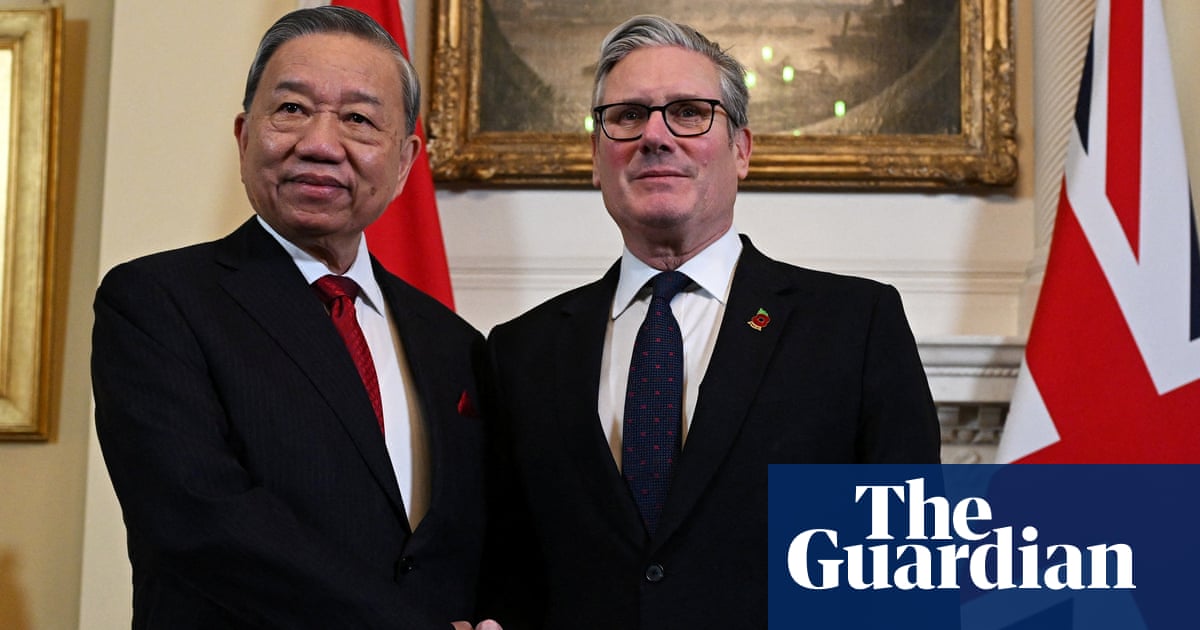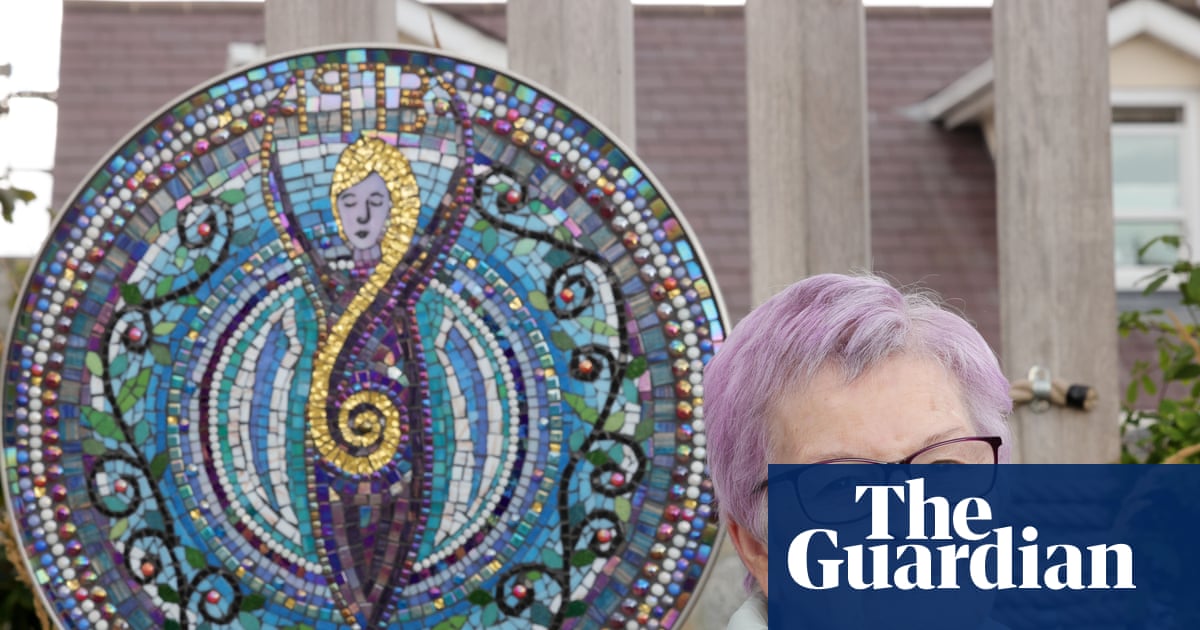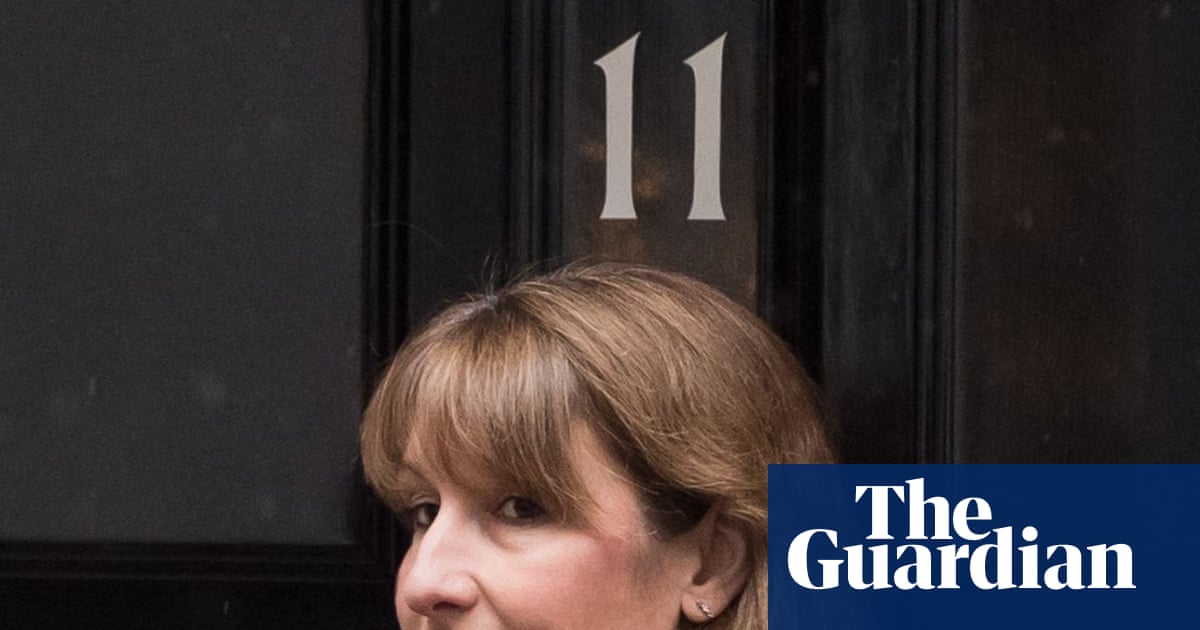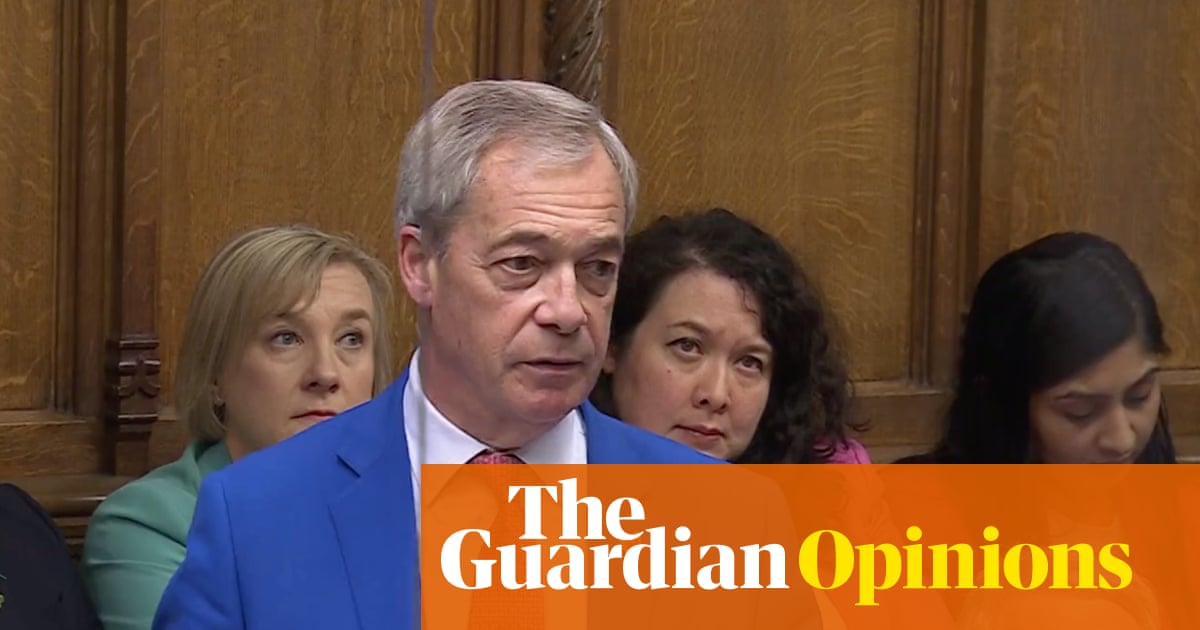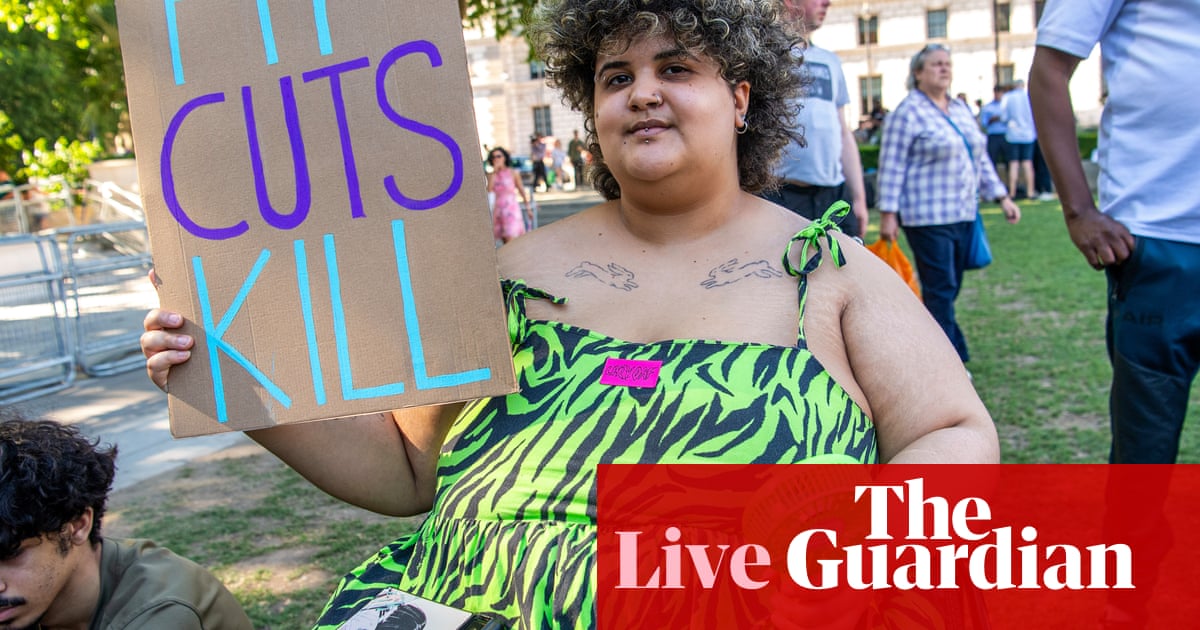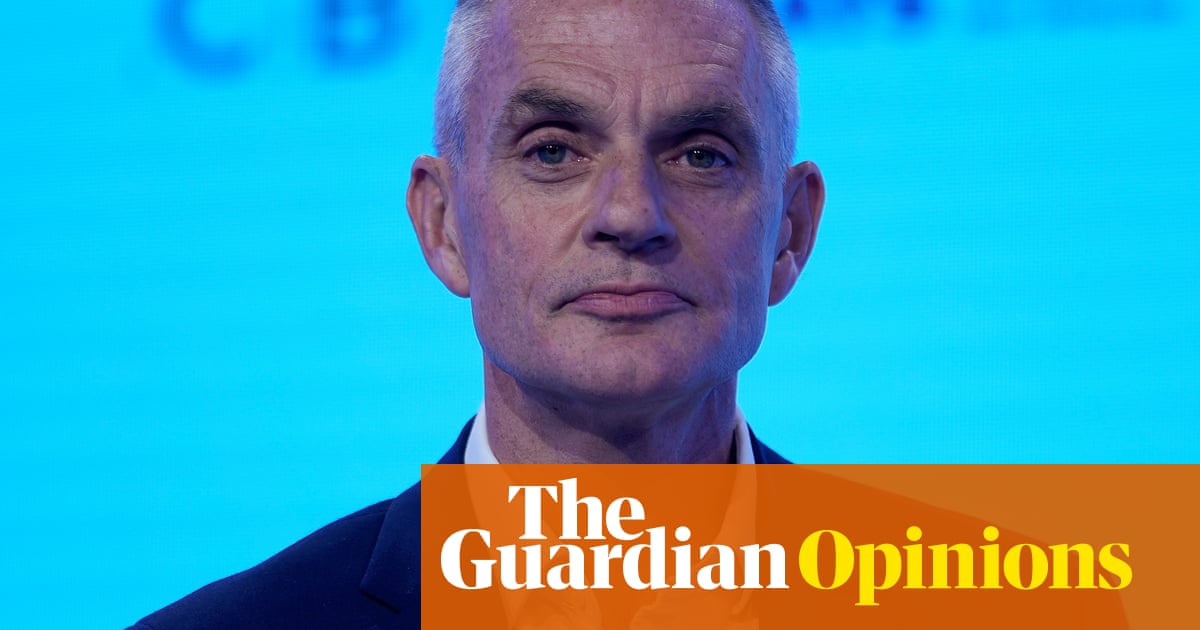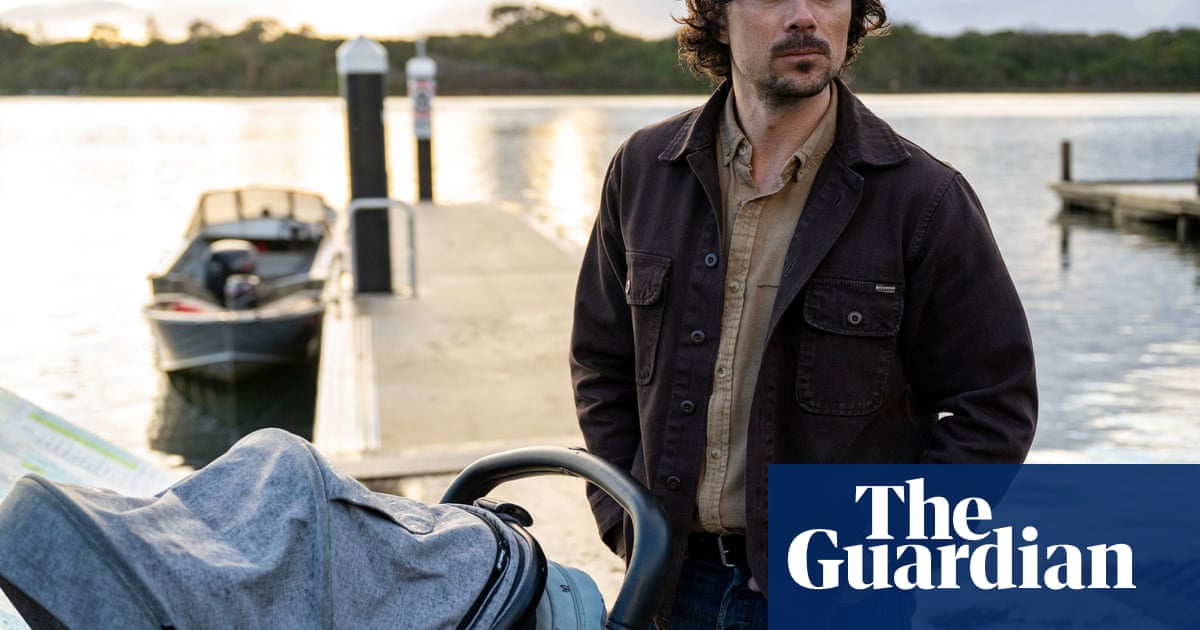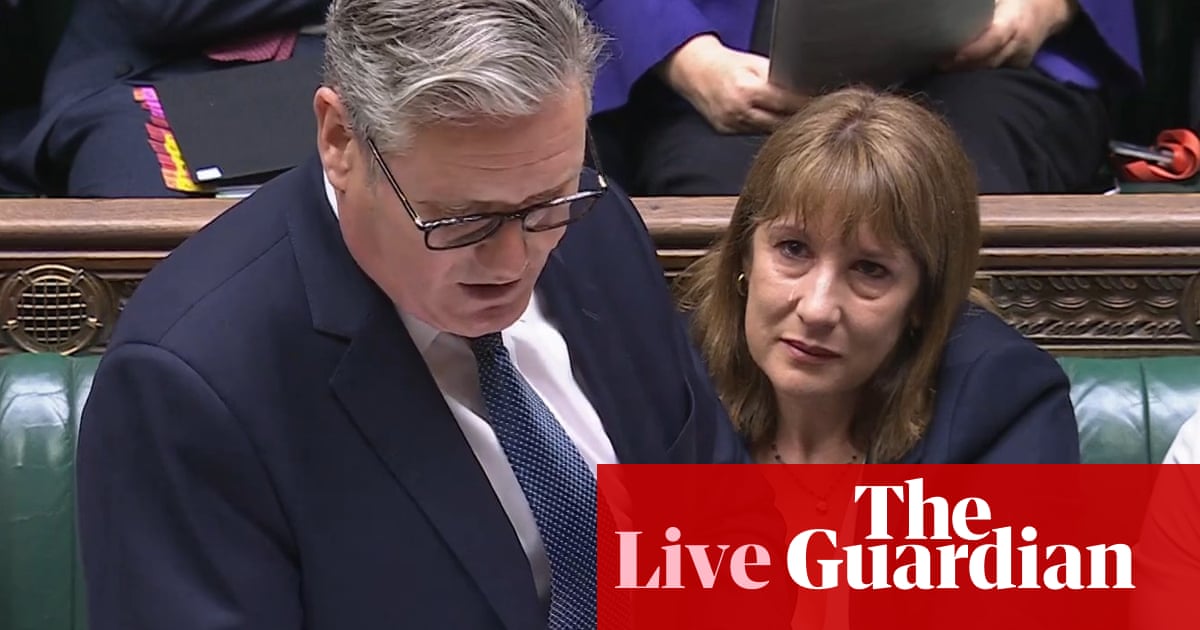England’s first modern hospice, set up with the aim of improving the quality of life of terminally ill people, opened as a charity in south-east London in 1967. Its guiding philosophy was movingly summed up by Cicely Saunders, the nurse and social worker behind its foundation: “You matter because you are you, you matter to the last moment of your life.”
Since then, through a combination of donations, fundraising efforts and financial assistance from the NHS, the independent hospice movement has become a key element in the UK economy of care. Offering emotional as well as medical support to terminally ill people and those with life-limiting conditions, and delivering services to those who wish to stay in their own homes, hospices are an invaluable social asset. On both sides of the fraught parliamentary debate over the assisted dying bill, the need to ensure that good palliative care is an accessible option for all has been treated as a given.
All of which makes the National Audit Office report on the financial sustainability of England’s adult hospice sector a disturbing read. A heavy reliance on charitable sources already means that a postcode lottery applies to hospice provision, advantaging wealthier areas. In its report, published on Wednesday, the NAO describes an ominous financial squeeze across the board.
Almost two-thirds of independent hospices reported a deficit in 2023-24. A decline in donations, the impact of inflation and higher employment costs is leading to a reduction in the number of beds and staff layoffs. Services providing psychological and bereavement support are being withdrawn, and some hospices are cutting back on at-home provision.
This is, quite simply, dismal news. Significant numbers of people who would wish to receive palliative care are already unable to access it. An ageing population, in which people are living longer with more complex health conditions, means that demand will only grow. As Gareth Davies, the head of the NAO, observed on Wednesday: “With many more people expected to want hospice care in the future, it is crucial that the sector is financially resilient.”
The Department of Health and Social Care committed this month to a three-year funding settlement for children’s hospices, and has provided a one-off bailout of £100m for capital spending in the adult sector. But it needs to do much more to buttress and boost institutions that come out of the best of the voluntary tradition. Supplementing the state, hospices play an essential part in enhancing collective wellbeing, reducing suffering and saving the NHS money.
Safeguarding the future may mean rethinking current arrangements, in which the bulk of funding for hospices is reliant on charitable contributions. The prospect of a state-funded assisted dying service sitting alongside a cash-strapped hospice sector is deeply disquieting. The mounting debts suggest it is nevertheless a distinct possibility.
For the government, and the country as a whole, the NAO’s report should be a wake-up call. Current provision of end-of-life care remains patchy and subject to a postcode lottery, but the future must be about expansion rather than retrenchment. Following Saunders’s groundbreaking work in the 1960s, the value of hospices to the NHS was only gradually recognised and acknowledged. Warm words about the sector’s value, and the qualities of the dedicated staff who work within it, need to be followed up with action.

.png) 2 hours ago
4
2 hours ago
4
